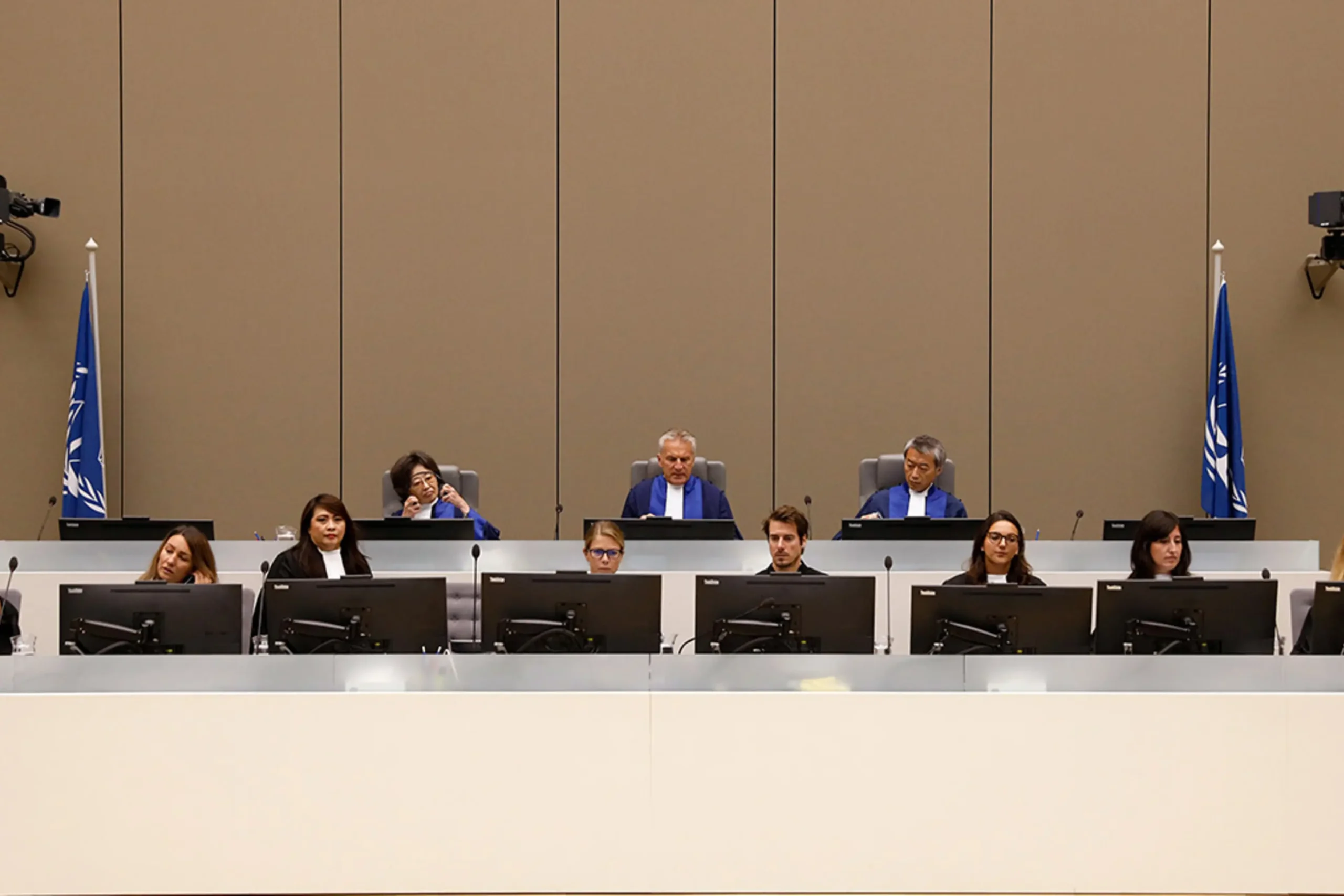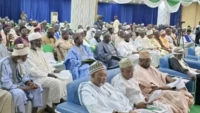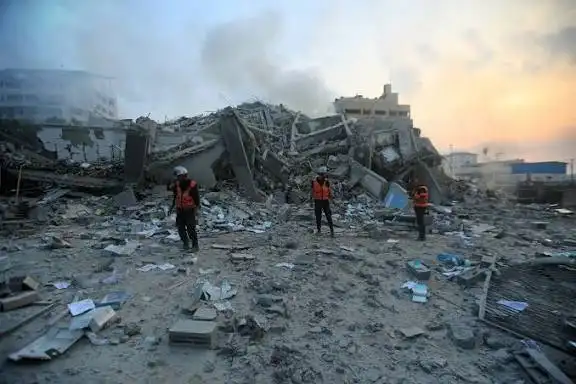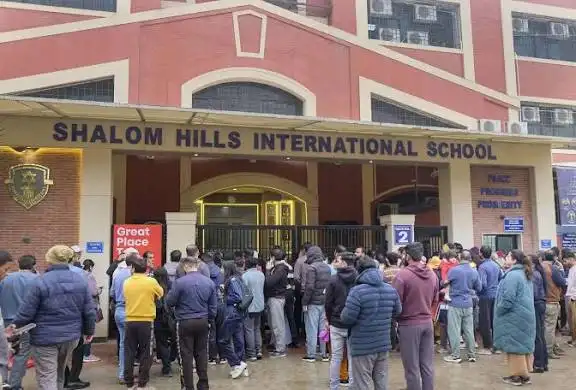The International Criminal Court (ICC) issued arrest warrants for Taliban Supreme Leader Hibatullah Akhundzada and Abdul Hakim Haqqani, head of Afghanistan’s Supreme Court, charging them with crimes against humanity for the persecution of women and girls in Afghanistan. The charges allege that since the Taliban’s return to power in August 2021, they have systematically violated the rights of Afghan women and girls, including severe restrictions on education, movement, and expression. The ICC emphasized that these actions also targeted individuals perceived as non-conforming with the Taliban’s gender policies, such as members of the LGBTQI+ community and those seen as allies of women’s rights.
The Taliban’s response was swift and dismissive. Spokesman Zabihullah Mujahid rejected the ICC’s authority, labeling the ruling as biased against Islam and Shariah law. He stated that the Taliban does not recognize the ICC and considers itself bound by its own interpretation of Islamic law.
This development follows a series of international actions highlighting the Taliban’s treatment of women and girls. In January 2025, the ICC’s chief prosecutor, Karim Khan, sought arrest warrants for Akhundzada and Haqqani, accusing them of crimes against humanity for persecuting Afghan women and girls. The Taliban condemned this move, calling the accusations baseless and politically motivated.
Human rights organizations have welcomed the ICC’s decision. Amnesty International described the move as an important step toward justice for Afghan women and other vulnerable groups, urging the international community to support the enforcement of the warrants. Similarly, the United Nations has called on the Taliban to reverse their oppressive policies toward women and girls, emphasizing the need for accountability and the protection of human rights.
The ICC’s action underscores the international community’s commitment to addressing gender-based persecution and holding perpetrators accountable, despite the Taliban’s defiance. The situation in Afghanistan remains dire for women and girls, with ongoing restrictions on education, employment, and personal freedoms. The international community continues to monitor the situation closely, advocating for the rights and freedoms of Afghan women and girls.












Leave a comment